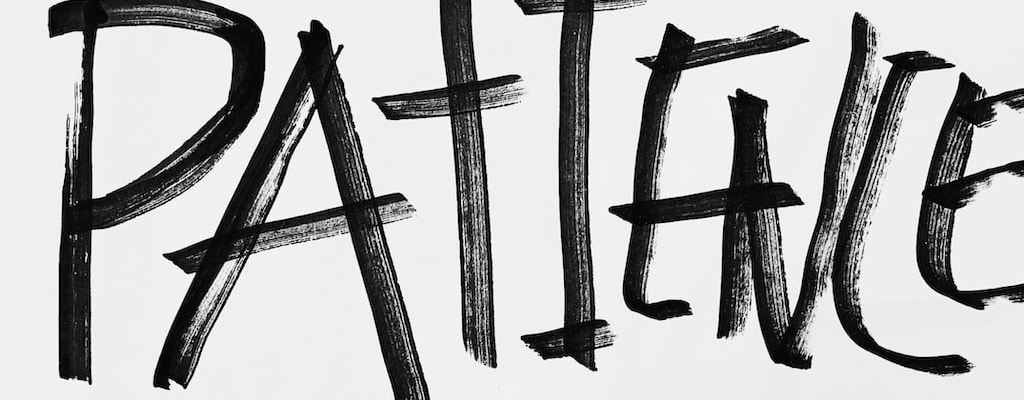settle someone’s hash: Idiom Meaning and Origin
What does ‘settle someone's hash’ mean?
The idiom "settle someone's hash" means to deal with or defeat someone decisively, often through punishment or confrontation.

Idiom Explorer
The idiom "tan someone's hide" means to punish or discipline someone physically, often by giving them a beating. This phrase is usually used to indicate a severe or harsh form of punishment.
The idiom "take up the hatchet" means to prepare for a fight or to become aggressive and seek revenge against someone or something.
The idiom "straighten out" means to resolve or clarify a confusing or chaotic situation, or to correct someone's behavior or thinking.
The idiom "stick it to" means to take revenge or get back at someone by giving them a difficult or unpleasant experience. It implies confronting and defeating someone in a confrontational or powerful manner.
The idiom "settle upon" means to reach a decision or make a choice after considering different options or alternatives.
The idiom "settle into" means to become comfortable or accustomed to a new situation or place. It implies a process of adjusting and finding one's place in a new environment or routine.
The idiom "settle in" means to become comfortable or familiar with a new environment or situation. It implies the process of adapting and feeling at ease in a new place or job.
The idiom "settle for" means to accept or choose something that is less desirable or satisfactory than what was originally wanted or expected.
The idiom "set straight" means to correct someone's misunderstanding or misconception, providing them with accurate information or guidance.
The idiom "put to bed" means to complete or finish something, especially a task or project, and to make it ready for the next stage or for use. It often refers to the finalization or completion of work.
FAIL
The idiom "hash out" is closely related to settle someone's hash. Both phrases convey the idea of resolving a conflict or issue through discussion and negotiation. While settle someone's hash implies a more final and decisive resolution, hash out suggests a process of working through the details and reaching a mutually acceptable agreement.
When you hash out a problem or disagreement, you engage in a frank and open discussion to reach a resolution. This idiom can be used in various contexts, such as in business meetings or personal relationships, where there is a need to address and resolve differences of opinion or conflicting interests. Hashing out a problem involves active communication and a willingness to listen to different perspectives.
For example, imagine a team of coworkers who have differing ideas on how to approach a project. They could choose to settle someone's hash by having a manager make a final decision, but that might not create the best outcome. Instead, they could decide to hash out their differences by meeting and discussing their ideas, concerns, and goals. Through this process, they can find common ground and reach a collaborative solution.
The idiom "settle upon" also shares similarities with settle someone's hash. Settle upon implies a process of making a decision or choice after careful consideration, usually in a more formal or deliberate manner. While settle someone's hash has a more confrontational connotation, settle upon has a more cautious and deliberate tone.
When you settle upon a course of action or a solution, you carefully weigh the available options and choose the one that seems most appropriate or advantageous. This idiom can be used in various contexts, such as making business decisions, choosing a career path, or selecting a course of treatment in healthcare.
For instance, imagine a couple trying to decide on a vacation destination. They could settle someone's hash by arguing and insisting on their individual preferences, leading to frustration and conflict. Alternatively, they could take the time to settle upon a destination by discussing their interests, budget, and logistical considerations. Through thoughtful discussion and consideration, they can reach a mutual decision that satisfies both of them.
The idiom "straighten out" is another phrase that is related to settle someone's hash. While settle someone's hash emphasizes a more forceful and decisive resolution, straighten out implies the act of correcting or resolving a problem or misunderstanding in a more gentle and patient manner.
To straighten out a situation, you address the issues or misunderstandings that have caused confusion or conflict. This idiom can be used in various contexts, such as resolving miscommunications, clarifying misunderstandings, or correcting mistakes.
For example, imagine a student who is struggling with a difficult concept in their coursework. Instead of settling their hash by giving up or becoming frustrated, they can seek help from a teacher or tutor. Through patient explanations and guidance, the teacher can straighten out the student's confusion and help them grasp the concept.
Settle someone's hash is an idiom that conveys a sense of finality and resolution in dealing with a problematic individual or situation. It is closely related to the idioms "hash out," "settle upon," and "straighten out," which all involve some form of resolving a conflict, making a decision, or correcting a problem. These idioms reflect the various ways in which we can address and resolve issues in our personal and professional lives, whether through decisive action, open discussion, careful consideration, or patient correction.
Example usage
Examples of how the idiom *settle someone's hash* can be used in a sentence:
- After the argument, I heard John say he was going to settle Bob's hash.
- The boss threatened to settle her employee's hash after discovering he had been stealing from the company.
- The basketball team's captain took it upon himself to settle the opposing team's hash by scoring the winning basket.
More "Metaphorical" idioms



